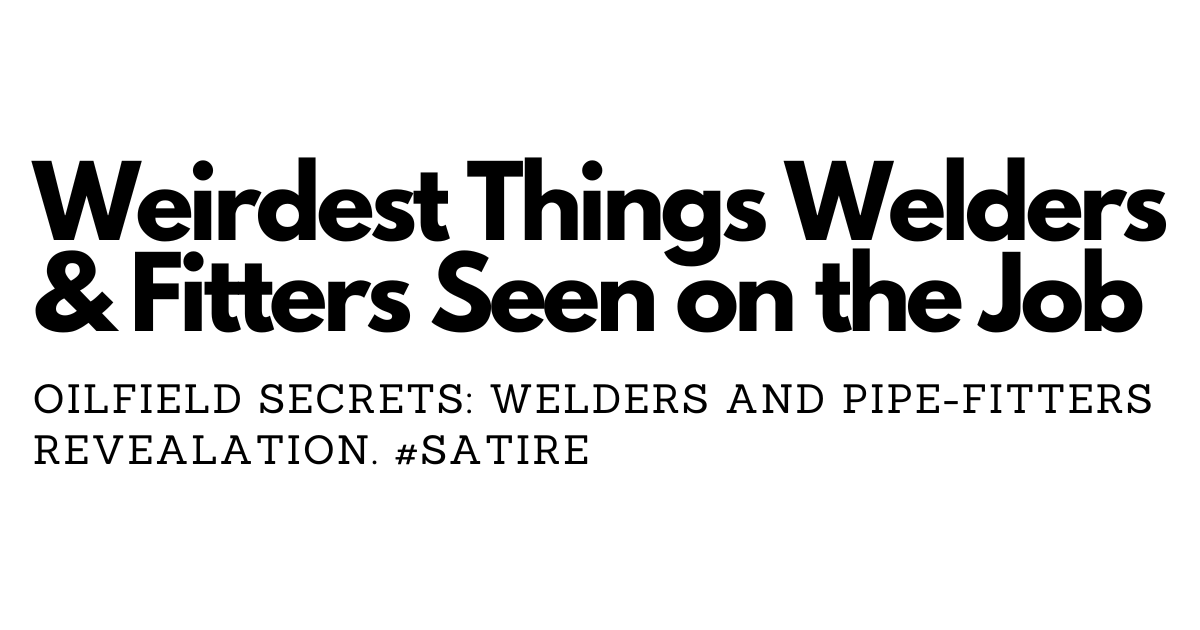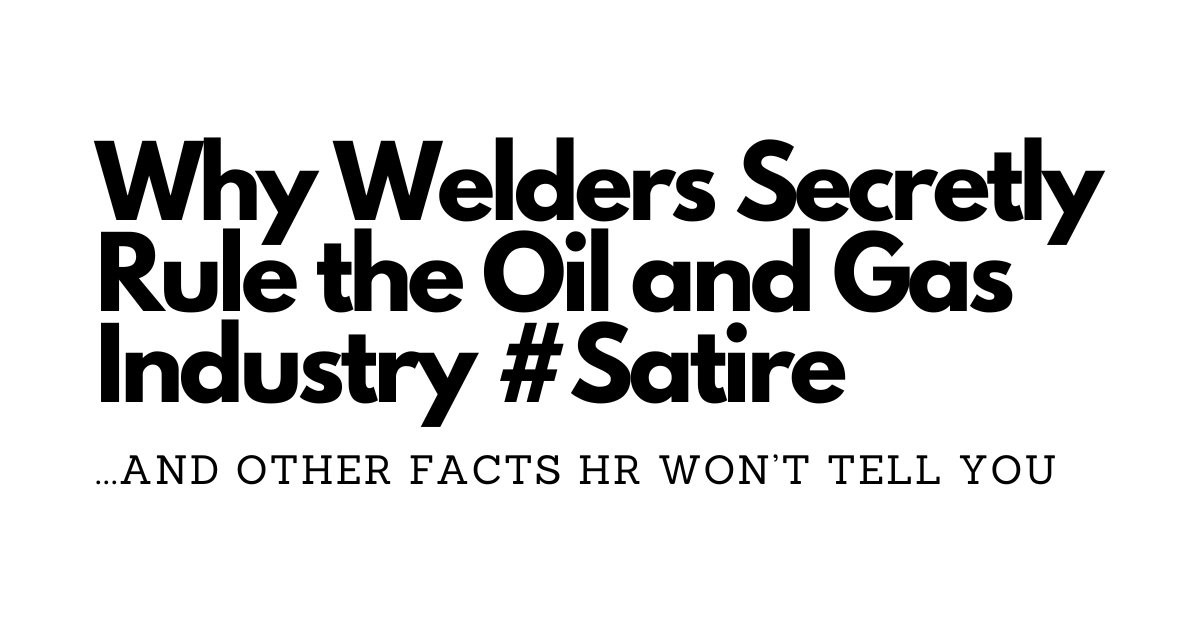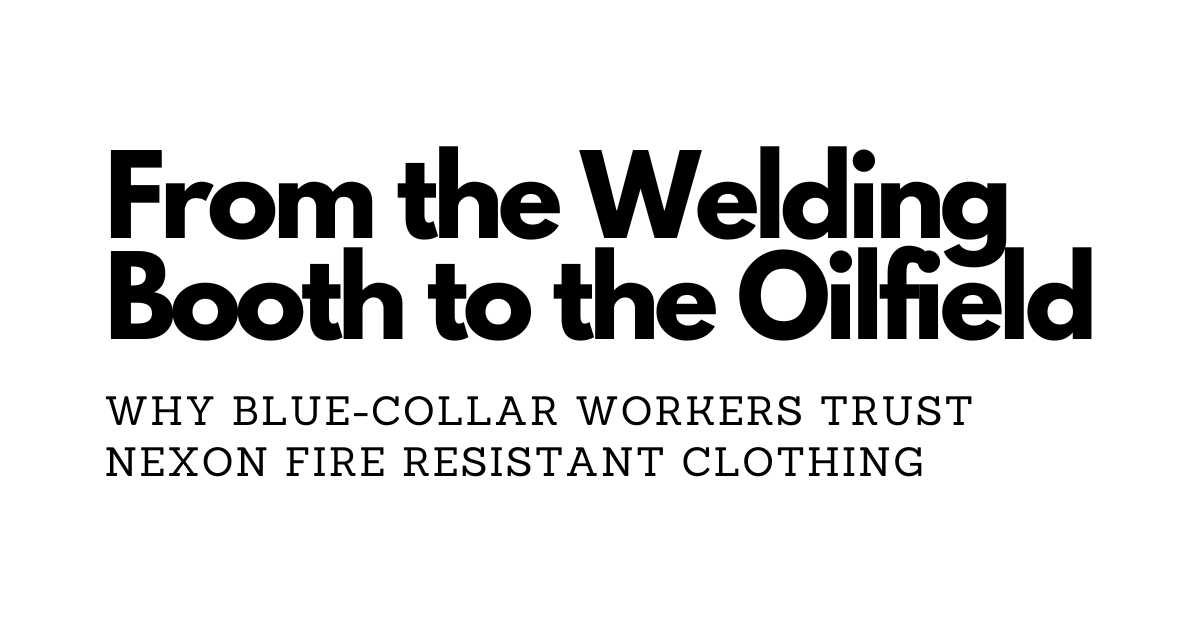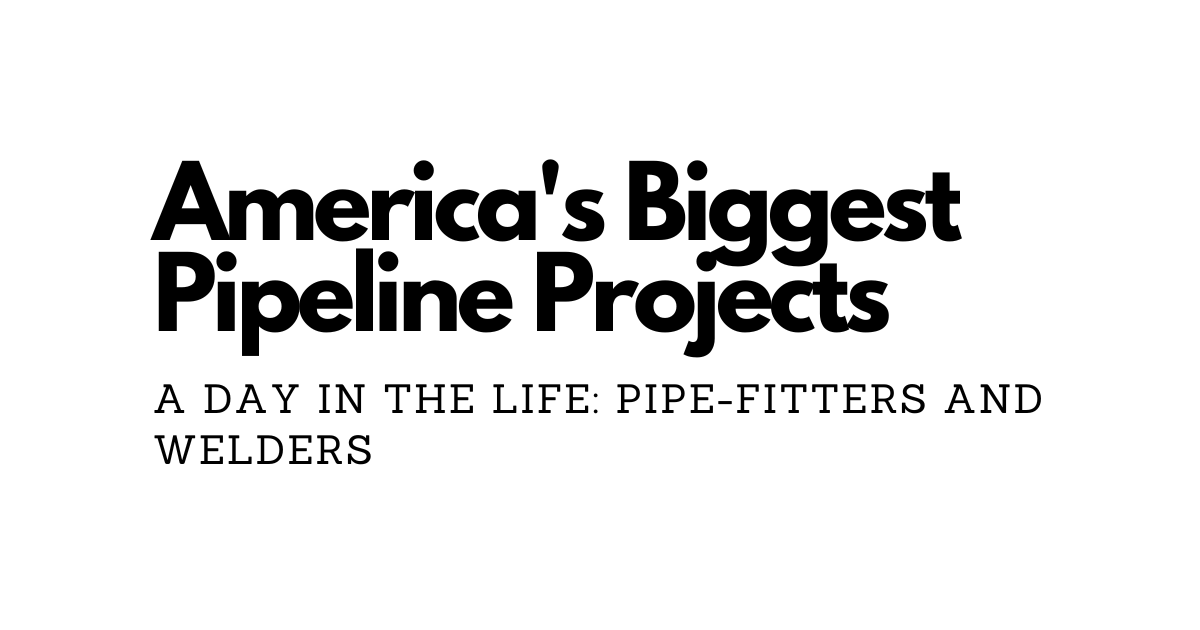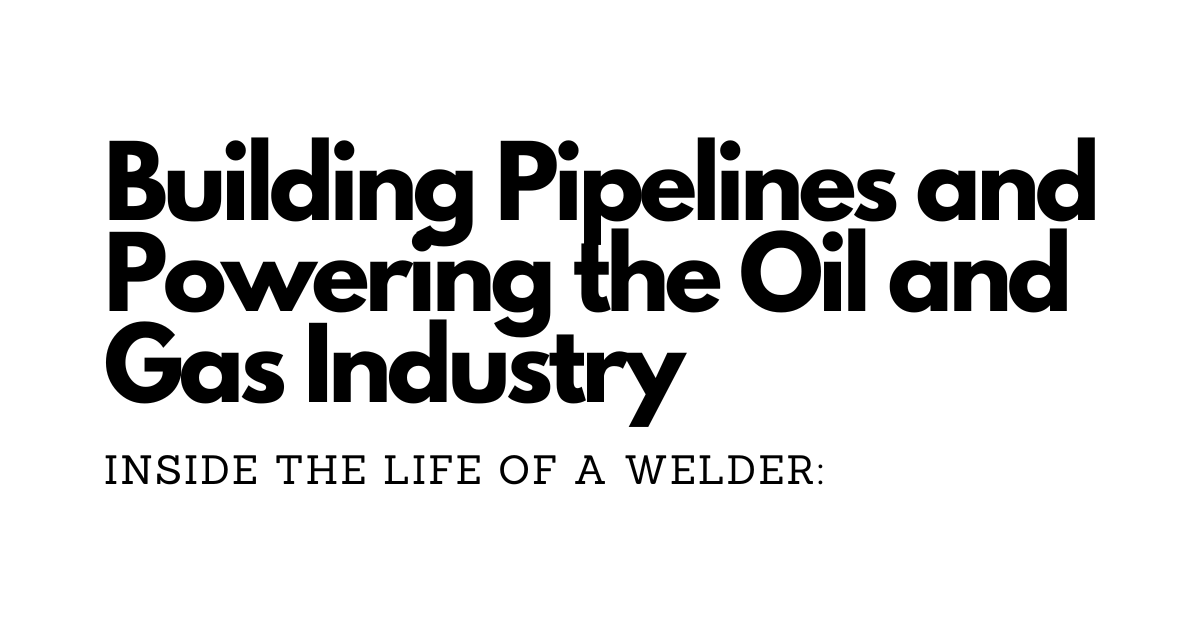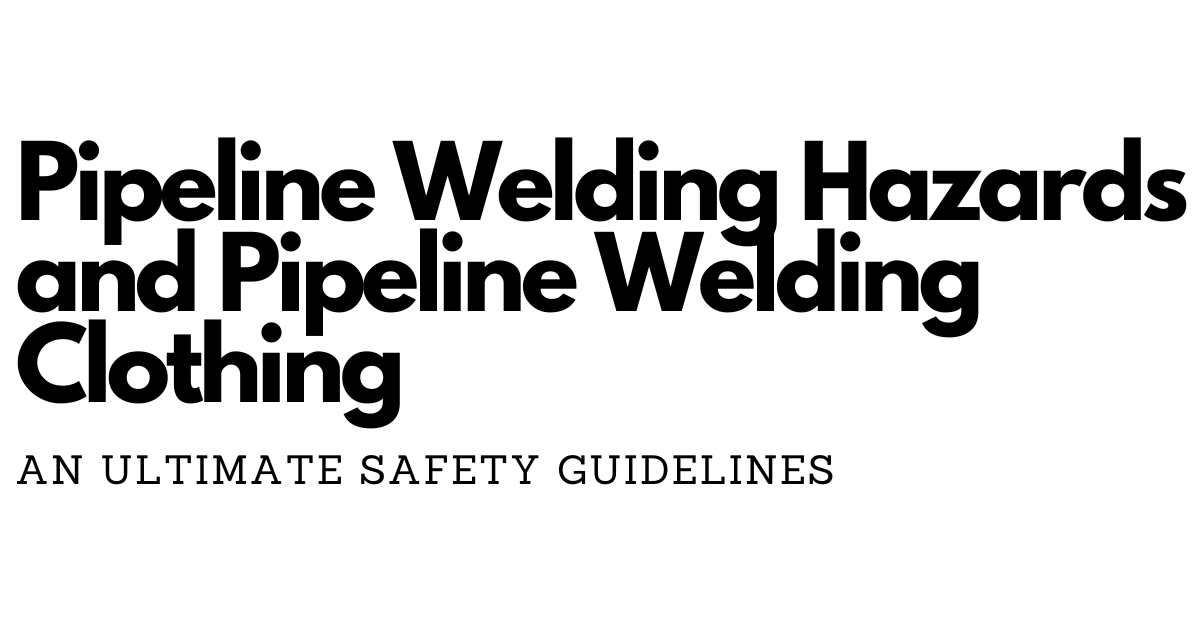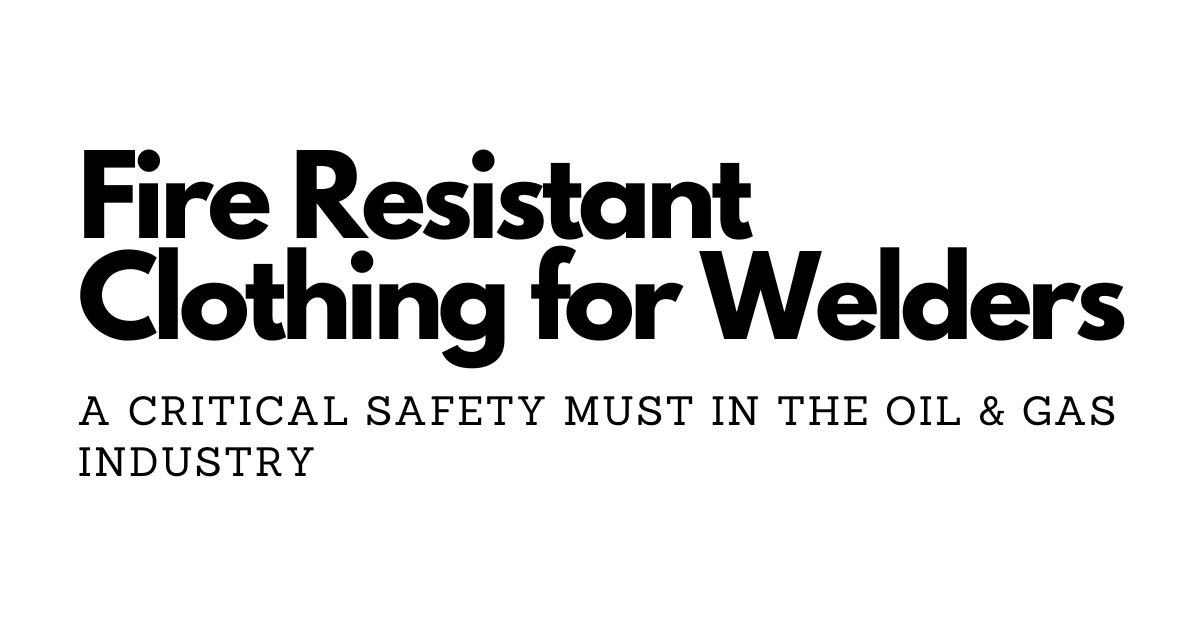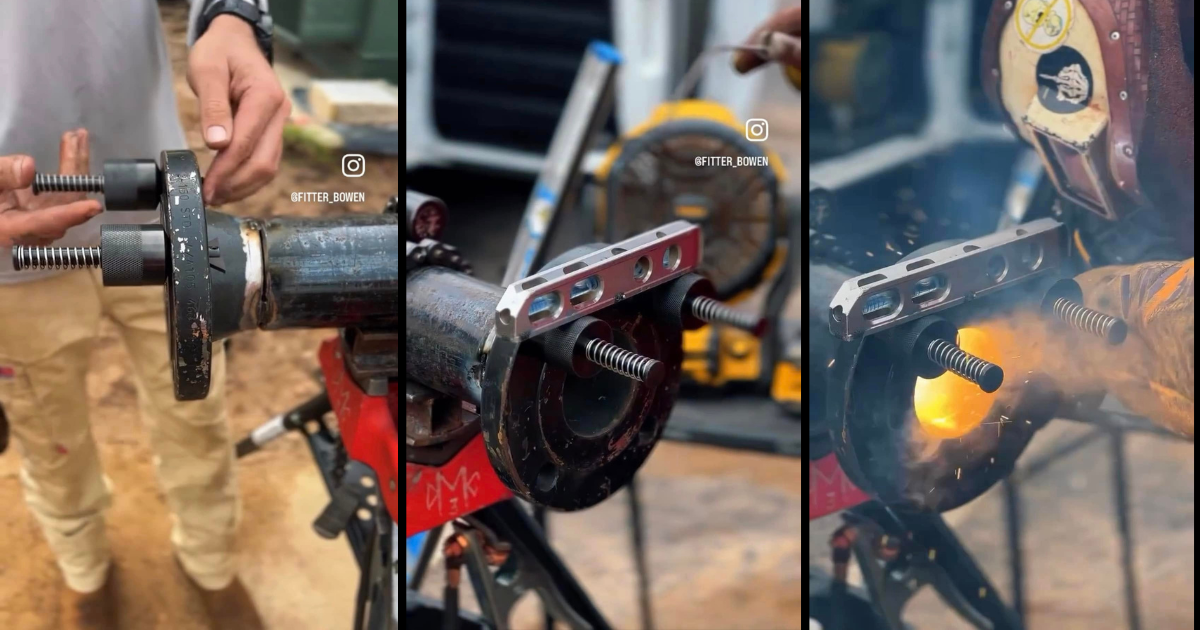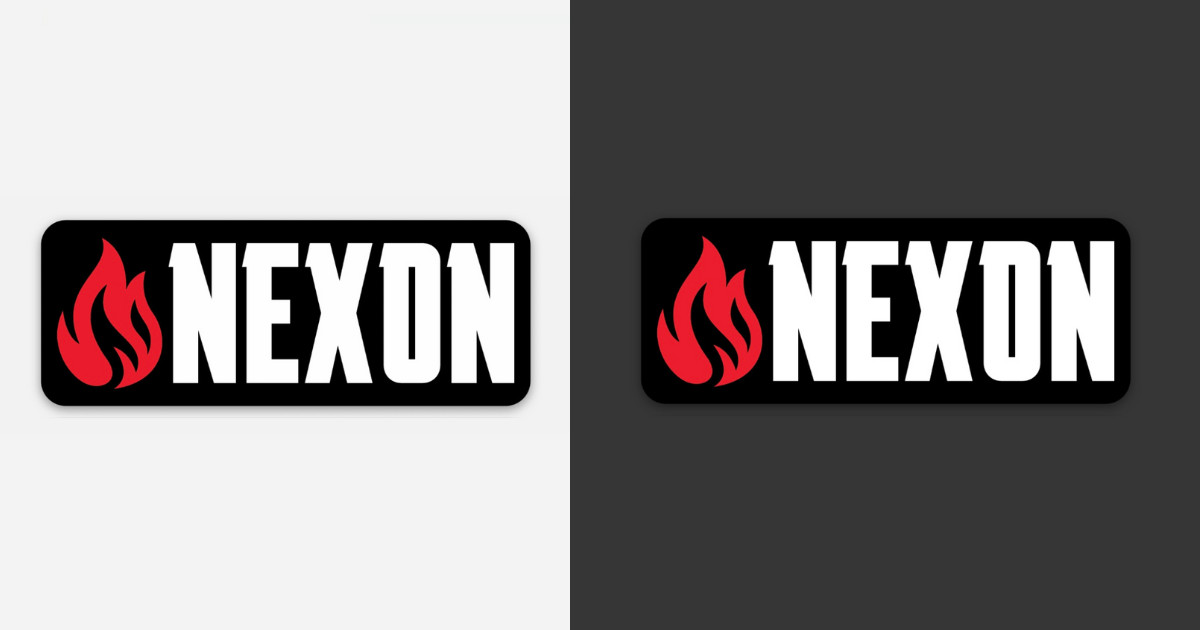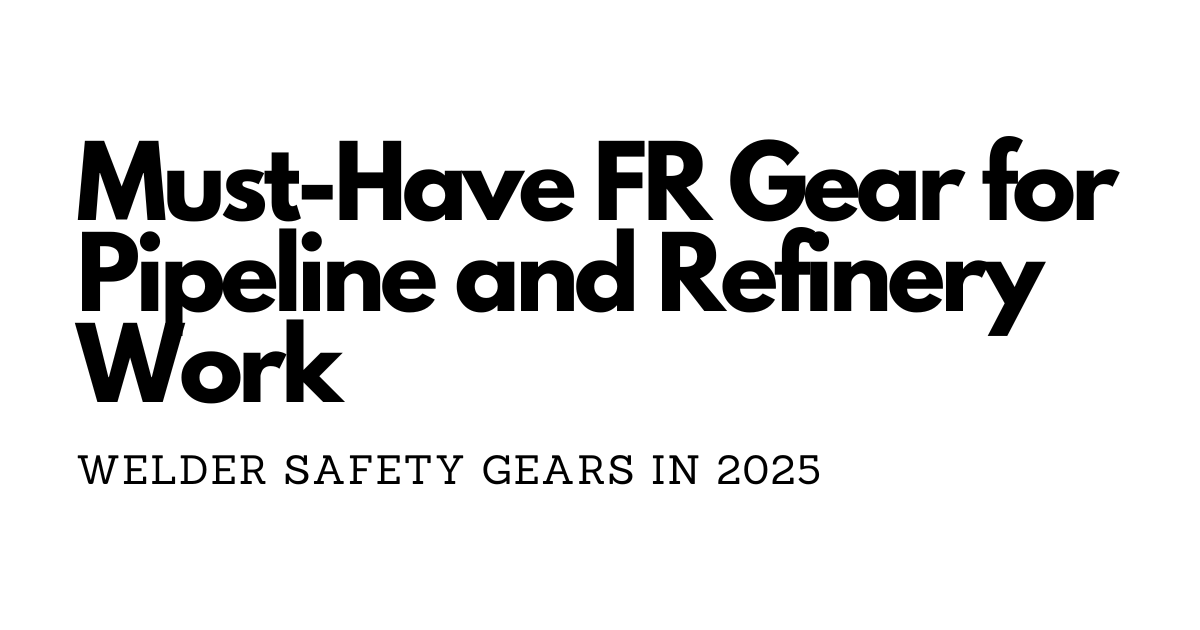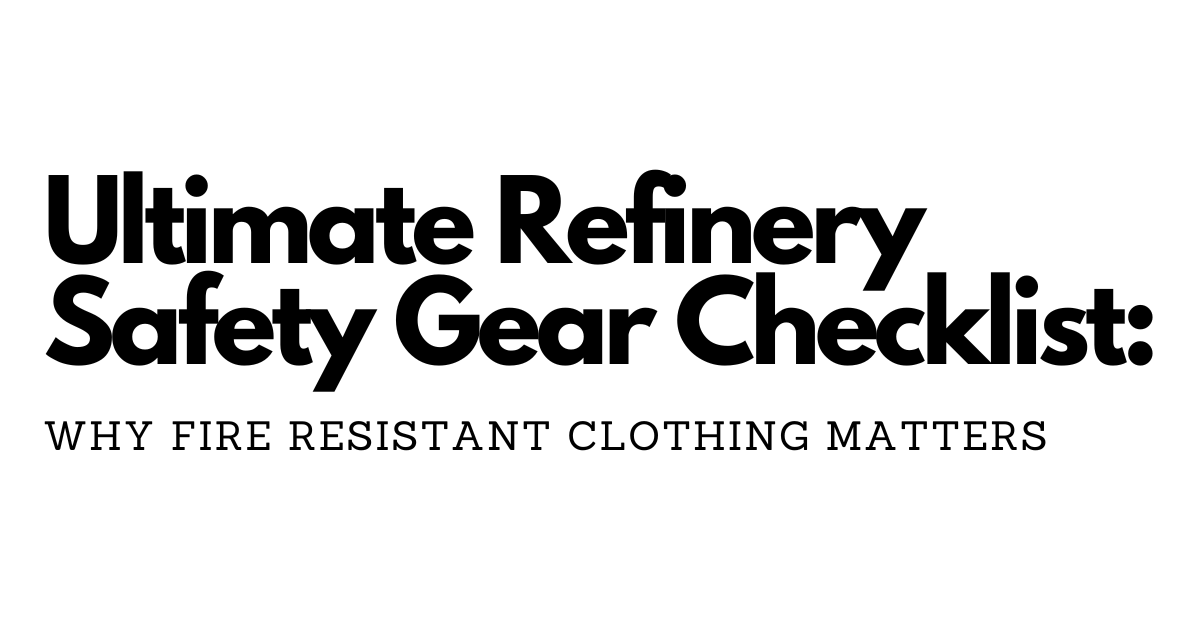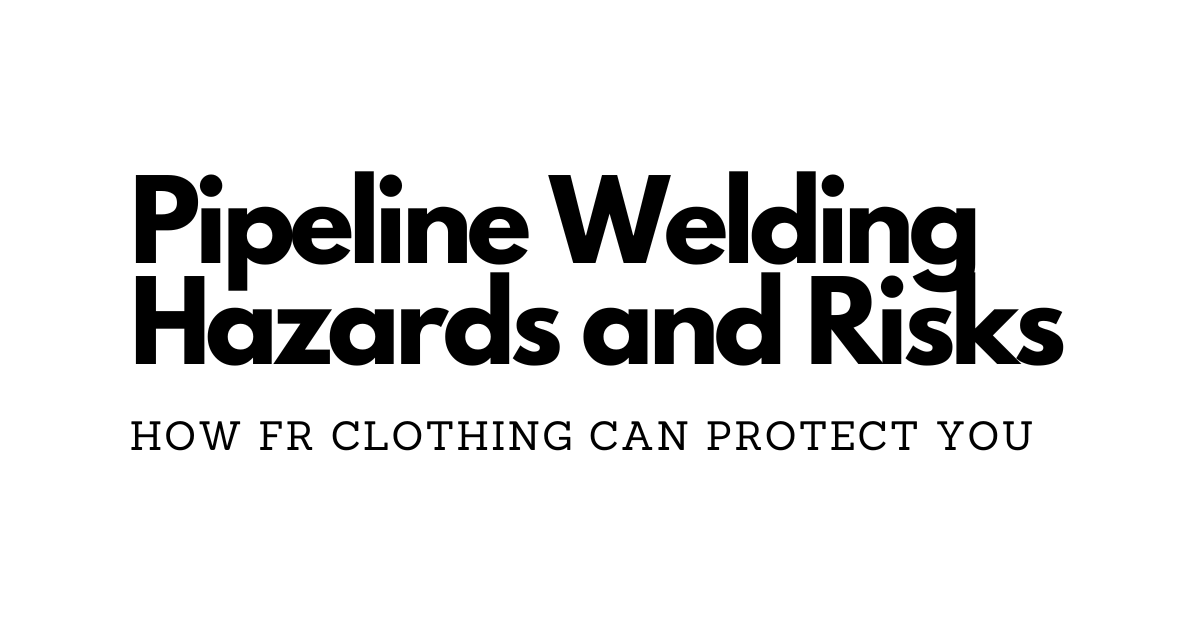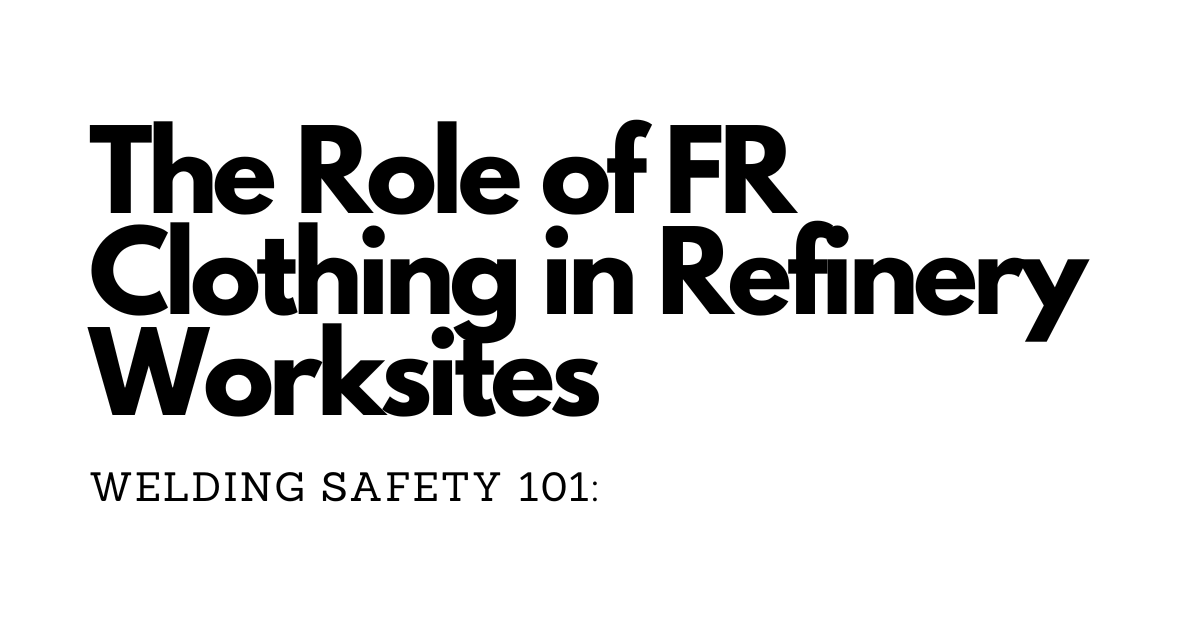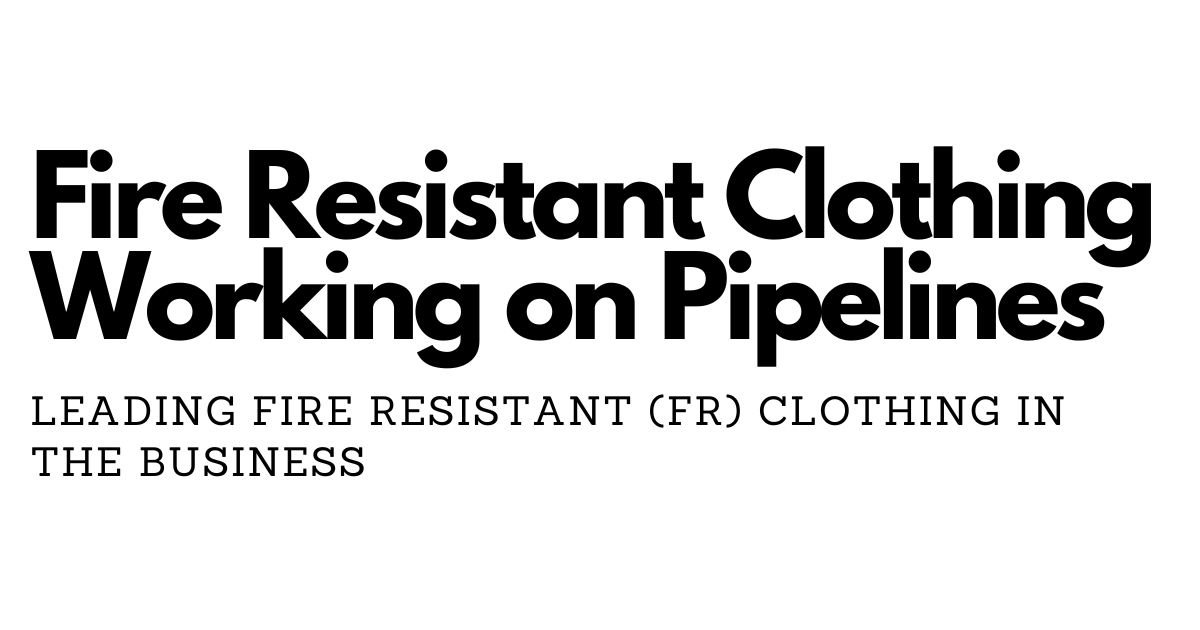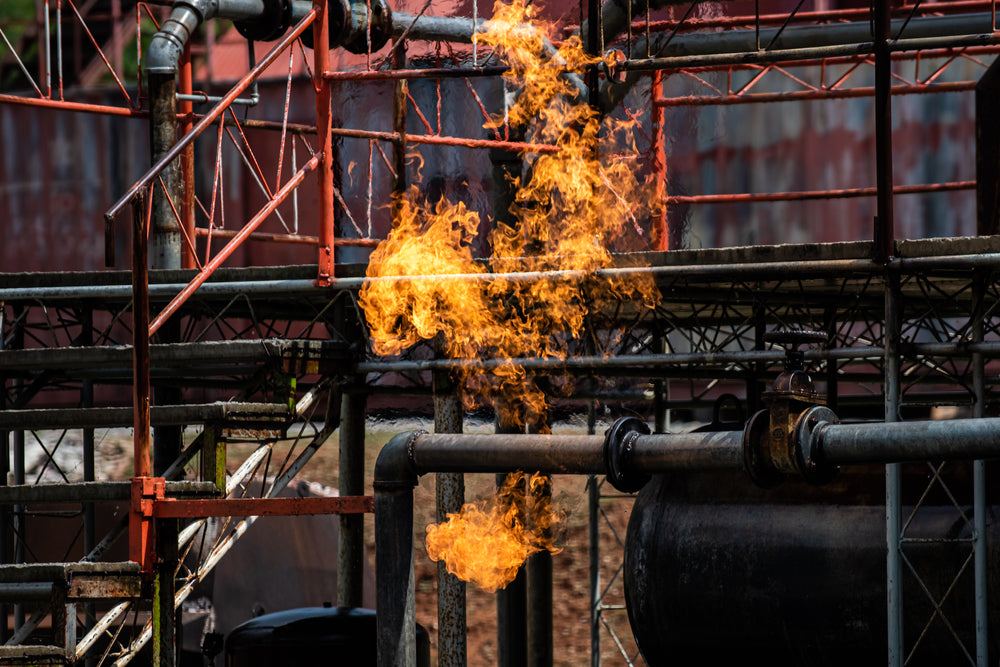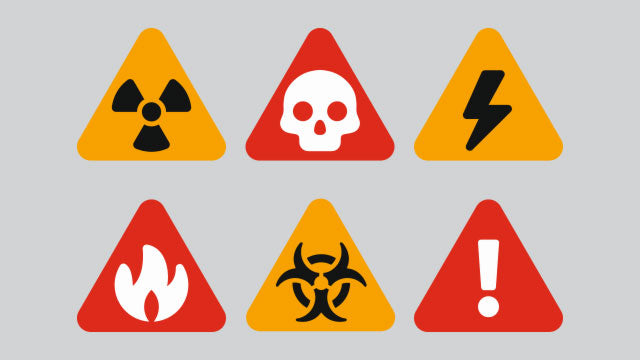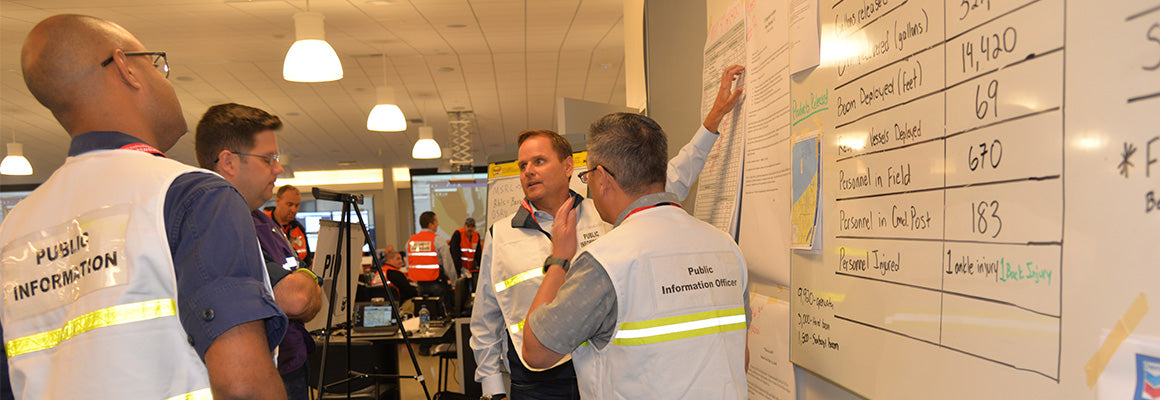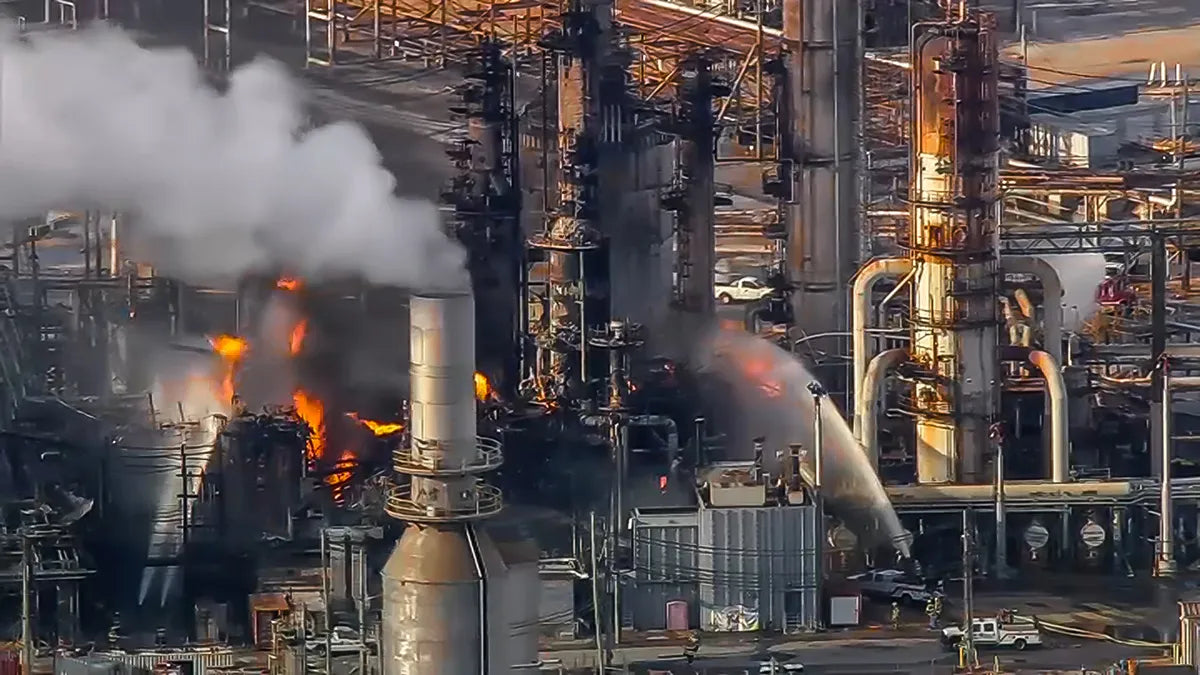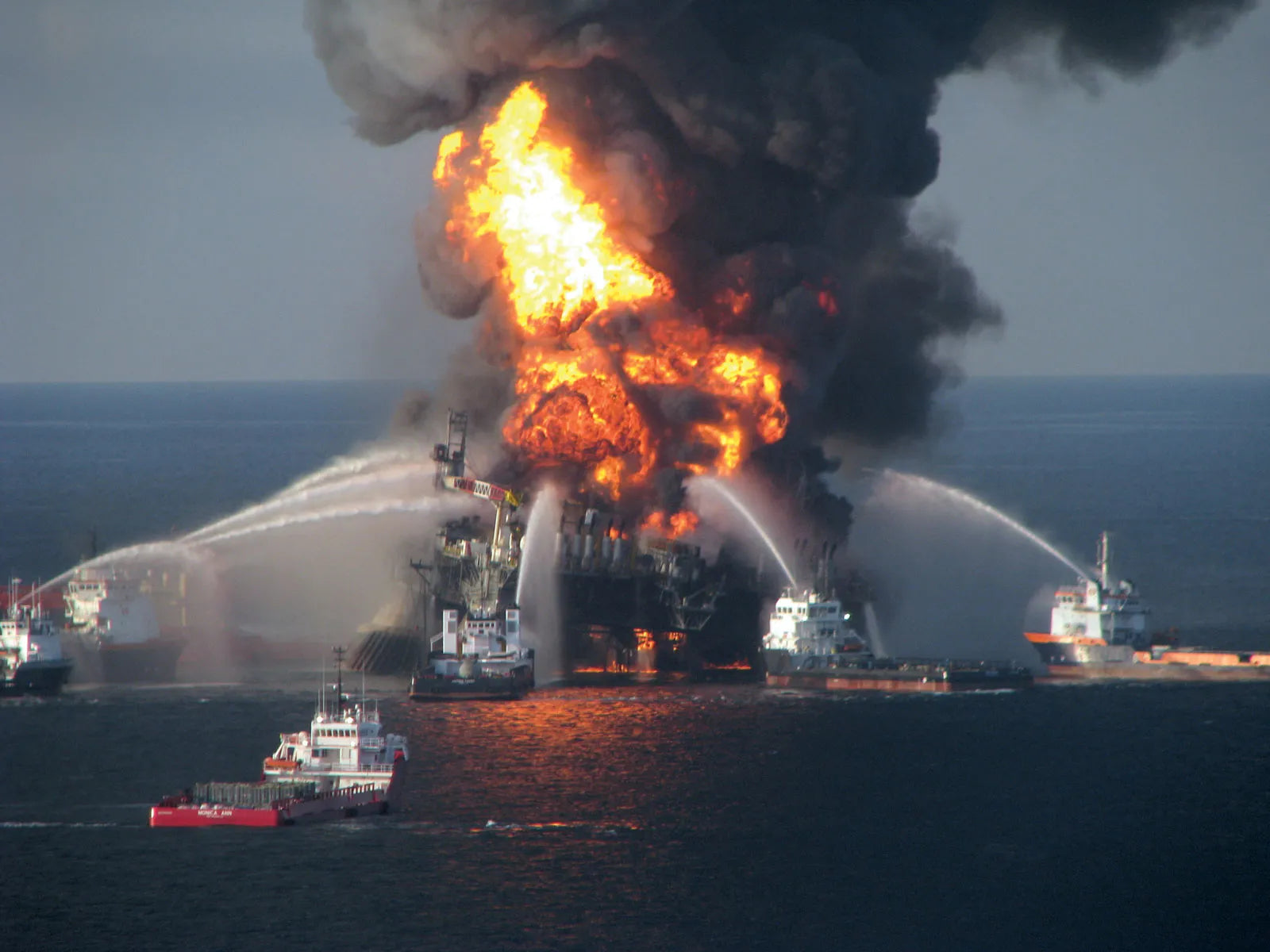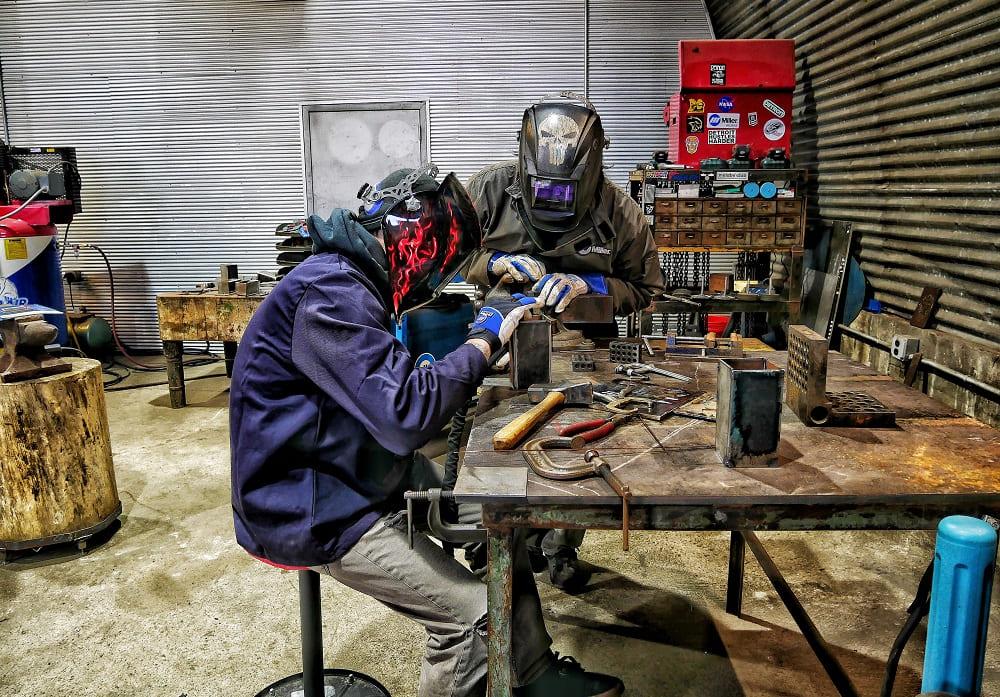
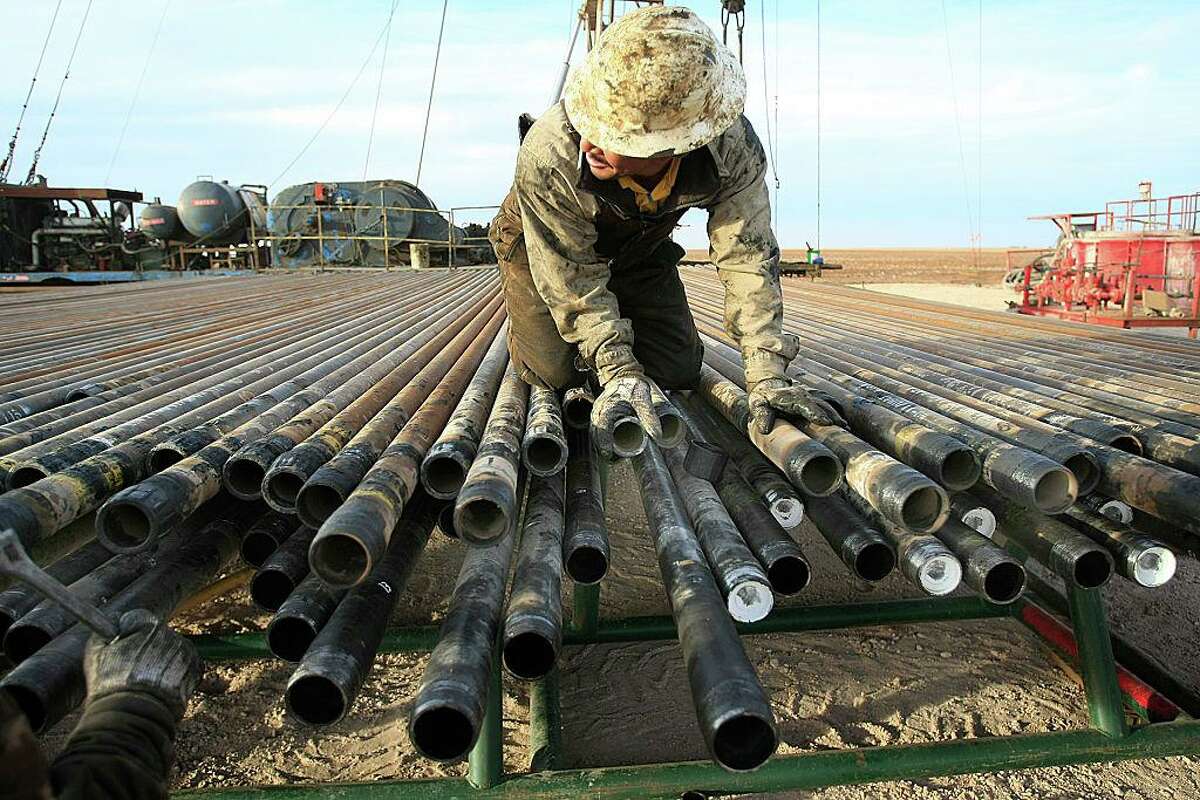
Working in the oilfield industry offers several advantages that make it an attractive career choice for many individuals. Here are some of the advantages: High earning potential: The oilfield industry is known for providing competitive salaries and attractive compensation packages. Due to the demanding nature of the work and the global demand for energy, many positions in the industry offer higher-than-average wages, especially for skilled and experienced workers.
Career growth and advancement opportunities: The oilfield industry offers numerous opportunities for career growth and advancement. As you gain experience and develop specialized skills, you can progress to higher-level positions with increased responsibilities and better compensation. The industry often values internal promotion, allowing employees to climb the ladder and take on leadership roles. International job opportunities: The oilfield industry operates globally, which opens doors for international job opportunities. Working in different countries or regions can provide unique cultural experiences, exposure to diverse work environments, and the chance to broaden your professional network.
Technological advancements: The oilfield industry is at the forefront of technological advancements. Companies invest heavily in research and development to improve efficiency, safety, and environmental sustainability. As a worker in the industry, you have the opportunity to work with cutting-edge technologies and gain expertise in innovative techniques. Transferable skills: Working in the oilfield industry equips individuals with valuable transferable skills that can be applied across various sectors. Skills such as problem-solving, teamwork, project management, and technical expertise are highly sought after in many industries, providing flexibility and potential career opportunities outside of the oilfield industry. Job stability: The demand for energy continues to be strong, and the oilfield industry plays a significant role in meeting that demand. This often translates into job stability for workers in the industry. While there may be fluctuations in the market, the need for skilled workers in areas such as drilling, production, maintenance, and support services remains consistent.
Benefits and perks: Many companies in the oilfield industry offer attractive benefits and perks to their employees. These may include health insurance, retirement plans, vacation time, bonuses, housing or travel allowances for remote work locations, and opportunities for training and professional development. Industry diversity: The oilfield industry offers a wide range of career paths and roles to suit different interests and skills. From engineering and geosciences to logistics, health and safety, finance, and technical trades, there is a diverse range of job opportunities available within the industry.
It's important to note that the oilfield industry also has its challenges, including demanding work schedules, physical labor, and exposure to hazardous environments. However, for individuals seeking competitive compensation, growth opportunities, and the chance to contribute to a vital industry, working in the oilfield sector can offer significant advantages. Getting into the oilfield industry requires a combination of relevant skills, knowledge, and persistence. Here are some steps to help you get started:
-
Research the industry: Gain a comprehensive understanding of the oilfield industry, including its operations, types of job roles available, and the skills and qualifications required. Explore different sectors within the industry, such as drilling, exploration, production, or support services, to identify your area of interest.
-
Assess your skills and qualifications: Evaluate your existing skills, experience, and education to determine how they align with the needs of the oilfield industry. While some positions may require specialized degrees or certifications, others may offer entry-level opportunities for individuals with transferable skills or relevant work experience.
-
Gain relevant education and certifications: Consider pursuing education or training programs that are specific to the oilfield industry. Look for vocational schools, technical colleges, or universities that offer programs in fields such as petroleum engineering, geology, safety, or instrumentation. Additionally, obtaining certifications related to your desired role, such as H2S Alive or First Aid/CPR, can increase your employability.
-
Seek entry-level positions or apprenticeships: Many individuals start their careers in the oilfield industry by taking on entry-level roles or apprenticeships. Look for job openings or training programs offered by oil and gas companies, drilling contractors, or service providers. These positions can provide valuable hands-on experience and help you build a foundation in the industry.
-
Network and connect with industry professionals: Networking is crucial in the oilfield industry. Attend industry conferences, job fairs, or workshops to meet professionals in the field. Join industry associations or online forums to connect with like-minded individuals and gain insights into the industry. Building relationships can lead to job opportunities or mentorship.
-
Gain field experience: Oilfield jobs often require practical field experience. Consider applying for internships, volunteering, or working on short-term contracts to gain hands-on experience. This experience can make you more attractive to potential employers and help you understand the demands and challenges of the industry.
-
Stay updated on industry trends and technologies: The oilfield industry is continually evolving, with advancements in technology and changes in regulations. Stay informed about the latest trends, practices, and safety protocols by reading industry publications, attending seminars, or taking online courses. Demonstrating knowledge of industry developments can give you a competitive edge.
-
Be flexible and willing to relocate: The oilfield industry operates in various locations worldwide. Being open to relocation can expand your opportunities, especially in regions with high oil and gas activity. Be prepared to work in remote or offshore locations and adjust to the demands of a dynamic industry.
Remember, breaking into the oilfield industry may take time and persistence. By acquiring the right skills, gaining relevant experience, and connecting with industry professionals, you can increase your chances of entering this challenging yet rewarding field.
